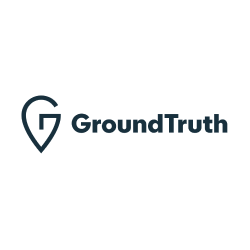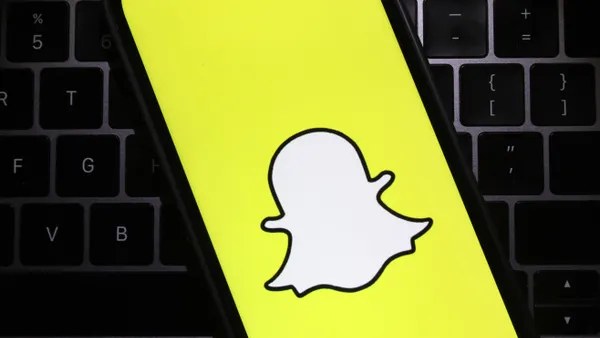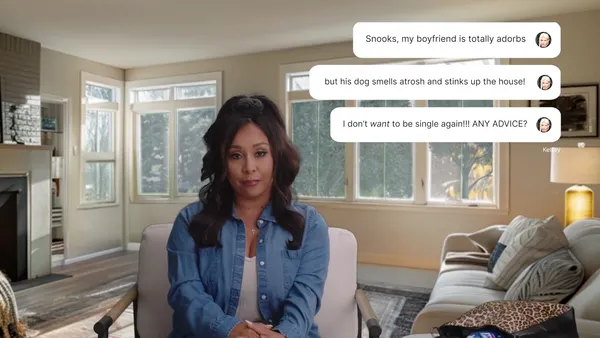Dive Brief:
- Making a preemptive defense of the almost certain repeal of net neutrality rules by the Federal Communications Commission, agency chairman Ajit Pai used the Future of Internet Freedom conference in Washington, D.C., yesterday to attack critics ranging from celebrities with what he called outsize influence over public debate to tech companies like Google and Facebook. Pai specifically called out Twitter, as reported by Recode and B&C.
- Pai went as far as to claim Twitter is a threat to the open internet, consumer choice and free expression, stating it discriminates based on content and cited an example of a republican representative who was blocked by the micro-blogging platform from serving a campaign ad with a pro-life message. Pai said Twitter treated left-leaning political statements differently than right-leaning statements.
- In response to Pai’s statements, Chip Pickering the CEO of INCOMPAS, a telecommunications trade association, called the attack on Twitter a diversionary tactic from the issue of how the repeal of net neutrality might impact the internet in the U.S.
Dive Insight:
There’s a legitimate debate on whether social media and digital channels give celebrities an outsized influence over issues of the day, or if tech giants like Twitter, Google and Facebook similarly have become too large with too much discriminatory power over what content is promoted or not on their platforms. However, Pickering makes a strong case that those questions are separate from the issue at hand, which is the proposed repealing of net neutrality. Pai's comments come at a time when Google and Facebook are already facing growing concern over the prevalence of violent, exploitative and outright fake content on their platforms, making the digital giants an easy target.
Pai’s motives in supporting the repeal have come under question given his past experience serving as legal counsel for Verizon before joining the U.S. government. The major ISPs, including Verizon, AT&T and Comcast, are the most vocal supporters of getting rid of the Obama-era net neutrality rules. Those arguing against repeal include most major tech companies and a wide range of industry experts and organizations.
The concern is if the rules are lifted, ISPs will be able to create internet fast lanes by throttling traffic for websites that don’t pay a fee, or even begin offering consumers cable-like packages with added fees for fast access to social media platforms or streaming video services like Netflix, Amazon Prime Video or Hulu. The latter scenario is already playing out in European markets that don’t have net neutrality protection.













